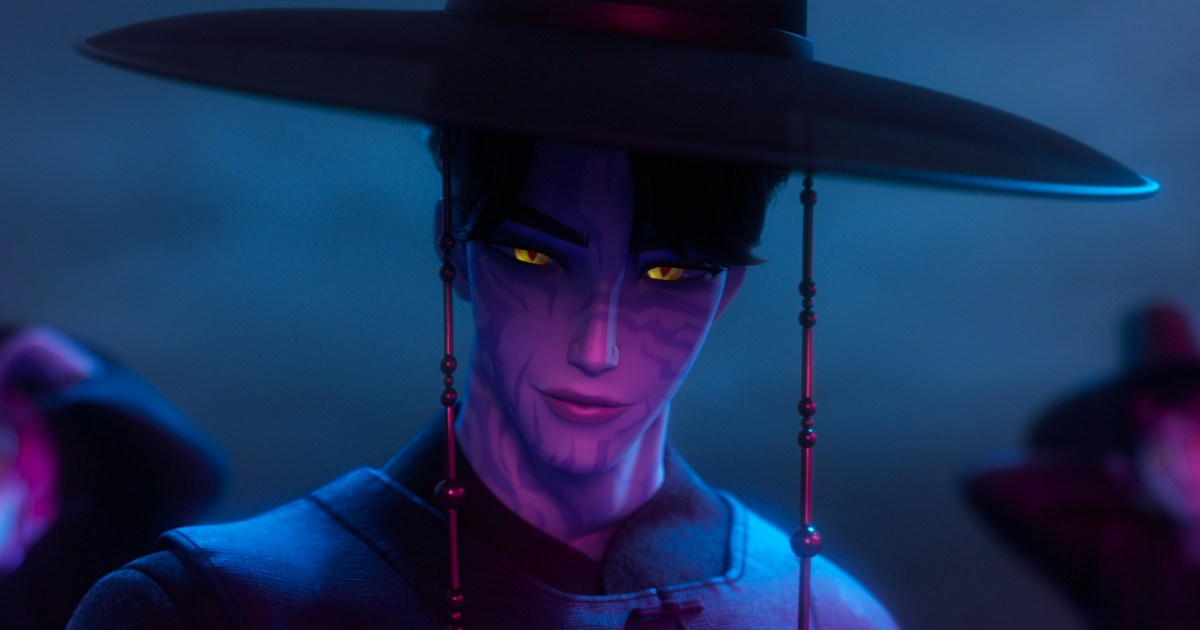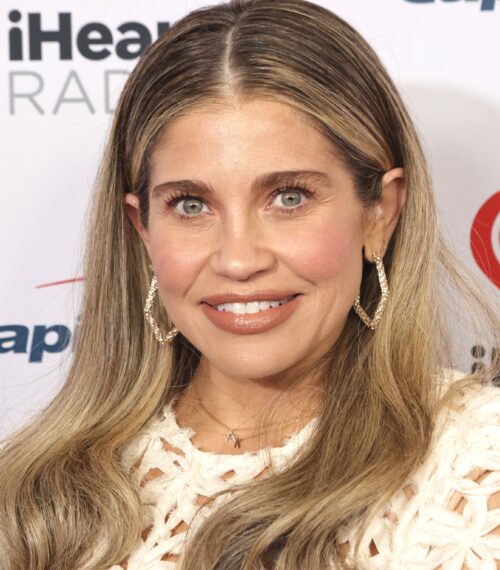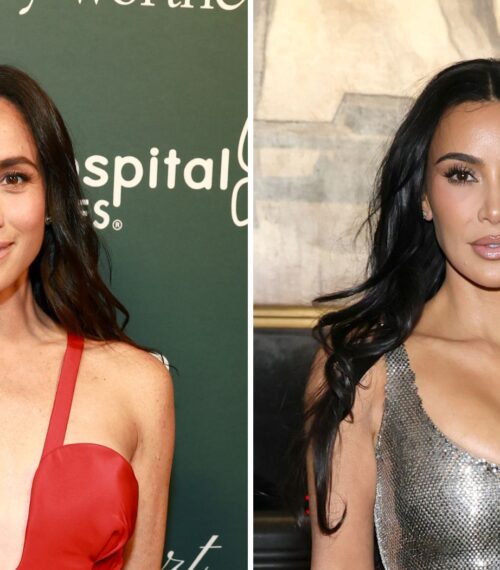Netflix’s K-Pop Demon Hunters ends with a gut punch: Jinu’s apparent sacrifice to save Rumi, a heroic moment that leaves the character’s fate deliberately unclear. The animated hit, which debuted in August 2025, follows HUNTR/X—Rumi, Mira, and Zoey—a K-pop trio moonlighting as demon slayers to stop the rise of the ravenous demon king, Gwi-Ma. While Gwi-Ma is the story’s ultimate big bad, it’s Jinu—a former human turned demon idol—who becomes the film’s most complicated foil, fronting a rival boy band stacked with demonic talent.
Since release, K-Pop Demon Hunters has dominated conversation across social media and fan spaces worldwide, with Netflix touting record-breaking viewership for an animated title. A sequel hasn’t been formally announced, but co-directors Maggie Kang and Chris Appelhans have teased their enthusiasm for more stories in this world, keeping hopes alive for a follow-up.
Jinu’s Fate At The End Of K-Pop Demon Hunters, Explained
Across the movie, Jinu’s origin softens his villainy. Once human and hungry for a better life, he was seduced by Gwi-Ma’s power, corrupted into a demon, and forced to abandon his family. That backstory reframes his rivalry with HUNTR/X as a tragedy rather than simple antagonism, culminating in a finale where he chooses Rumi over Gwi-Ma’s plan.
In the climactic battle, Jinu intervenes to save Rumi and is disintegrated in the process—a moment staged as both a confession and a redemption. Crucially, just before he fades, Jinu tells Rumi that she saved him and returns his soul to her. It’s a poignant beat that closes his arc while also opening the door to interpretations about what, exactly, “saved” means in a universe where demons, souls, and possession are part of the rules.
The film never shows a body or a definitive end for Jinu’s essence, leaving audiences with a purposeful ambiguity. It’s a choice that honors his sacrifice without shutting out future possibilities, and it’s a big reason why viewers are still debating what happened long after the credits roll.
Arden Cho’s Take: “Complicated”
Speaking with Collider at Fan Expo Boston, Rumi voice actor Arden Cho fielded the burning question: is Jinu really gone? “Complicated,” she answered succinctly.
“In my mind, I’m not… May there be a symbol, and may he come back,” Cho said, hinting at how animation’s elasticity invites creative returns. “Like, I know, obviously in the movie, someone does [come back], but exactly—does he? It’s animation, and it’s magical.”
Cho also acknowledged how Jinu’s very nature muddies the finality of death in this world. “I had a friend point out, he’s always been dead—like, he was a demon, so in a sense, he was already dead, and maybe a little more dead, but not removed. Does that work? We all agree.”
For Cho, Jinu’s choice is core to the movie’s impact. “If he did not sacrifice or do what he did, this movie would not have had the response that it did, right? Like, yes, I know it’s painful. Yes, I know we’re all mad, but like… mad in a good way, right?”
Will K-Pop Demon Hunters 2 Happen? What We Know
Netflix has not officially ordered a sequel to K-Pop Demon Hunters. That said, co-directors Maggie Kang and Chris Appelhans have openly teased the potential for more adventures, and the film’s massive viewership and vocal fanbase make the case for continuing HUNTR/X’s story. If greenlit, the creative team would have plenty of narrative threads to pull—from Gwi-Ma’s lingering influence to the personal lives HUNTR/X left behind to protect their fans.
Any follow-up would also have to address Jinu’s absence—or presence. His arc bridges the movie’s themes of identity, agency, and redemption; removing him entirely changes the emotional calculus. Keeping him involved, in any capacity, preserves the complex push-and-pull that made the finale land so hard.
How Jinu Could Return In A Sequel (If It Happens)
Soul Transfer: Jinu’s final line about returning his soul to Rumi sparked one of the most popular theories. If his soul now resides with her, he could reappear through dreams, inner dialogue, or moments of magical possession—not fully alive, but not gone either.
A New Vessel: Another idea suggests Jinu’s essence could inhabit an object—a sword, an accessory, or a totem connected to HUNTR/X’s performances. That would let the character manifest selectively, offering guidance or power when needed.
Underworld Return: Because Jinu had already crossed the line into demonhood, his “death” might not follow human rules. An underworld detour could bring him back to resolve unfinished business with Gwi-Ma—or even reposition him as an uneasy ally to HUNTR/X.
None of these possibilities are confirmed, but they’re grounded in the film’s mythology and the ending’s open-ended language. They also reflect why Jinu resonates: he’s a character caught between worlds, and K-Pop Demon Hunters is at its most compelling when exploring that in-between space.
For now, K-Pop Demon Hunters stands on its own as a vibrant, music-fueled supernatural adventure with a finale that sticks the landing while keeping fans talking. Whether Jinu’s story continues in a sequel or simply lives on through Rumi’s memory, the movie’s last note is clear: redemption matters, even when it hurts.















































































































